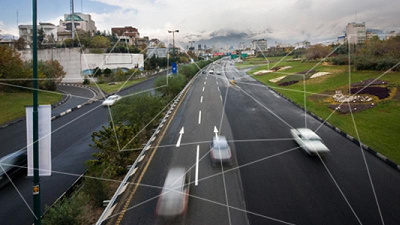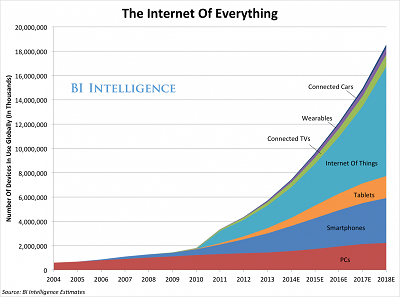A smart city is what we all want, right? But why, actually? And what is a smart city? What’s in it for me?
 In my former blog “Smart City: future or empty hype” I commented on smart cities being an empty hype, but also stated that much is going on in very different areas – smart cities are happening whether you want it or not.
In my former blog “Smart City: future or empty hype” I commented on smart cities being an empty hype, but also stated that much is going on in very different areas – smart cities are happening whether you want it or not.
For the sake of completeness I will repeat my definition of a smart city in slightly different words: a smart city is a city (or any built environment) where technology is used to make life more fun, more sustainable and more efficient for the people who live in it. Technology is – and I cannot emphasize this enough – a tool and not an end in itself. It’s how people use it what makes it smart, not the technology itself.
Why making smarter cities?
Right now I see opportunities to start making “smart” changes. Technology is at a point where basically everything is connected to the internet (Internet of Things). Combine this with the fact that most parts of (Dutch) cities are built after the 2nd world war and obsolete, and in desperate need of upgrading. Do this from new technological perspectives and you will see many chances to do it accurate: cheaper, sustainable and more effective.
 Technology is going at a great speed: it’s getting faster, smaller and cheaper while we look at it and even capable of taking over human interactions. By this I mean it can aid our subconsciousness, like how we don’t think about every action when driving a car, but do it automatically. In this way, the city (buildings, objects and public space) can contribute to “unaware urban life”. And this also leads to the hybrid city – for the first time in history we have not only a physical city, but also a virtual one that help intensify social cooperation. Add to this the mobile devices that keep everyone connected all the time, and you can see how the city is changing!
Technology is going at a great speed: it’s getting faster, smaller and cheaper while we look at it and even capable of taking over human interactions. By this I mean it can aid our subconsciousness, like how we don’t think about every action when driving a car, but do it automatically. In this way, the city (buildings, objects and public space) can contribute to “unaware urban life”. And this also leads to the hybrid city – for the first time in history we have not only a physical city, but also a virtual one that help intensify social cooperation. Add to this the mobile devices that keep everyone connected all the time, and you can see how the city is changing!
It’s very smart 🙂 to use contemporary technology for upgrading obsolete office-, industry- and residence buildings, without expensive demolition and building new estates. Many innovations can be applied to old buildings without disturbing societal and economic structures. Also, this makes great opportunities for public spaces. Most important for a smart city is the infrastructure needed for (new) technology: it has to be present, working and kept in good condition. This is -in my view- the essence of (public) institutions; it’s what they are responsible for. Compare it with gutters and wires: public service provides, but whatever citizens or companies decide to use it for is their own choice.
What’s in it for me?
So I think: yes, aim for smarter cities. But do it in a strategic way. How? To answer this question, everyone should start by asking himself other questions first:
- Am I in? If yes, then what do I wish to accomplish? If no, why not?
- Smart City is a wide concept… Which areas will I act in? What is already working, what parts need improvement?
- Which strategic choices do we have to make as a company? (holistically speaking)
- What’s my role? Towards other partners as well as the users of the technology?
- What can I do to make the transition from where we are to where we want to be or have to be in twenty years a successful one? Technology will change the world and how will I prepare myself?
I hope these questions will have triggered you. Please reply or comment on this blog by posting below!

Leave a reply